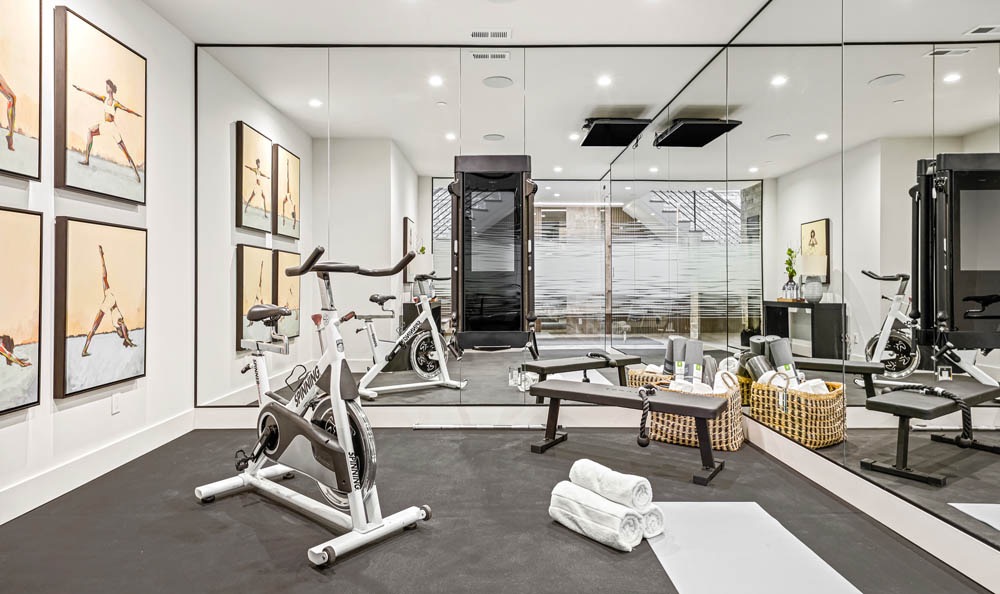Aromatherapy has been used for centuries as a natural way to support health and well-being. The practice involves using essential oils extracted from plants to promote physical and psychological health. These oils can be inhaled, applied topically, or even ingested in some cases. With the rising popularity of alternative and holistic medicine, many people are turning to aromatherapy as a way to improve their overall health and wellness.
But should you try aromatherapy at home? Is it safe and effective for the average person to use essential oils without the guidance of a trained professional? In this article, we’ll explore the benefits and potential risks of using aromatherapy at home, and provide some tips for getting started.
One of the main benefits of aromatherapy is its ability to improve mood and reduce stress. Certain essential oils, such as lavender and chamomile, have been shown to have calming effects on the mind and body. By diffusing these oils in your home, you can create a soothing atmosphere that promotes relaxation and mental clarity. This can be particularly beneficial for those who suffer from anxiety or insomnia.
In addition to its mood-boosting properties, aromatherapy can also have physical benefits. Many essential oils have antibacterial, antiviral, and anti-inflammatory properties that can help support the immune system and promote overall health. For example, tea tree oil is a powerful antiseptic that can be used to treat acne, wounds, and fungal infections. Eucalyptus oil is a natural decongestant that can help relieve symptoms of respiratory conditions like colds and allergies.
That being said, it’s important to use essential oils with caution, especially if you’re new to aromatherapy. Some oils can cause skin irritation or allergic reactions, and certain oils should not be used by pregnant women, children, or pets. It’s also important to dilute essential oils properly before applying them to the skin, as undiluted oils can be too potent and cause irritation.
When using essential oils at home, it’s also important to choose high-quality oils from reputable sources. Some cheaper oils may be diluted or contain synthetic chemicals that can be harmful to your health. Look for oils that are 100% pure and organic, and read the labels carefully to ensure you’re getting a quality product.
There are several ways to use essential oils in your home, depending on your preferences and needs. One of the most popular methods is to use a diffuser, which disperses the oils into the air for inhalation. You can also add a few drops of oil to a bath, massage oil, or lotion for topical application. Some people even choose to ingest essential oils, although this should only be done under the guidance of a qualified aromatherapist.
If you’re interested in trying aromatherapy at home, here are a few tips to get you started:
– Research the benefits and risks of different essential oils before using them.
– Start with a small amount of oil to test for any adverse reactions.
– Dilute essential oils properly before applying them to the skin.
– Use a high-quality diffuser to disperse oils into the air.
– Experiment with different oils and blends to find what works best for you.
In conclusion, aromatherapy can be a safe and effective way to improve your health and well-being at home. By using high-quality essential oils and following proper guidelines, you can experience the mood-boosting and physical benefits of aromatherapy without the need for a professional. So why not give it a try and see how it can improve your overall health and wellness?

